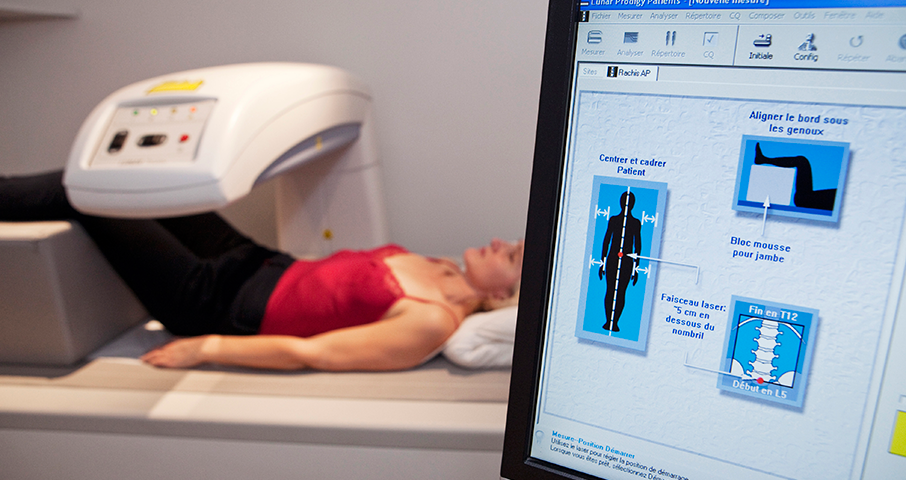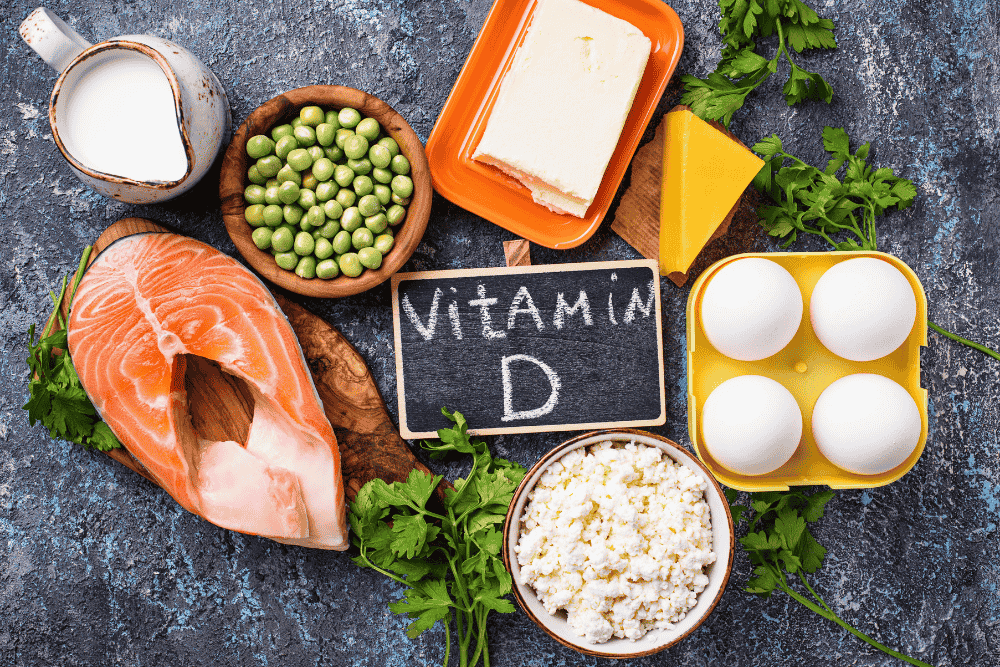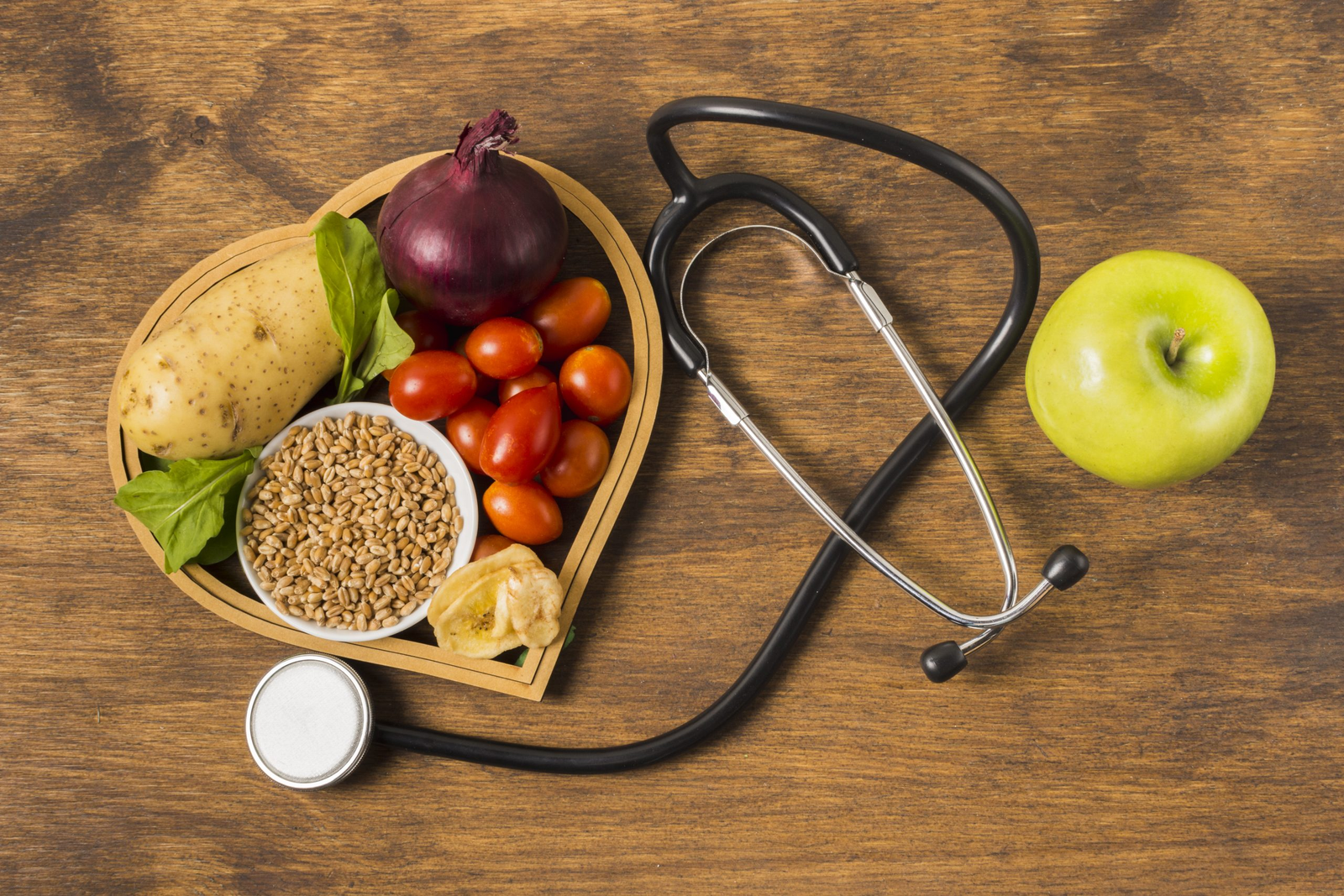Introduction: We all know vitamins and minerals are essential for our health, but can you take too much of a good thing? If you’re popping vitamin pills daily, it’s important to understand which ones can lead to toxic levels and cause harm. Let’s dive into the reality of vitamin overdoses—yes, too much of even the healthiest supplements can come with serious side effects.
Why Supplementing Might Not Be the Answer: If you’re one of many people who don’t hit the daily fruit and veggie targets (guilty as charged?), turning to supplements might seem like a quick fix. But here’s the kicker: getting vitamins from food is always better. The nutrients in fruits and veggies are absorbed more efficiently by your body and don’t come with the risk of an overdose. Supplements can be helpful in specific cases, but taking them blindly can lead to trouble.
So, Can You Really Overdo It? Yes. Taking too many vitamin or mineral supplements can lead to toxicity. Your body has limits—and if you push those limits with supplements, you might find yourself dealing with some not-so-fun side effects.
1. Beta-Carotene and Vitamin A: Watch Out for the Orange Overload
Beta-carotene, the pigment that gives carrots and sweet potatoes their bright orange color, can be easily over-consumed if you’re popping a daily multivitamin along with consuming lots of orange veggies. Vitamin A toxicity can lead to:
Drowsiness
Irritability
Nausea and vomiting
In severe cases, overdoing vitamin A has been linked to a higher risk of lung cancer and even increased mortality. It’s always good to keep your carrot intake in check—and save that multivitamin for when it’s actually necessary.
2. Calcium: Too Much Can Actually Weaken Your Health
We all know calcium is essential for bones and muscle function, but don’t overdo it. Excessive calcium can cause:
Nausea and vomiting
Confusion
Irregular heartbeat
Taking too much calcium can also damage your kidneys and raise your blood’s pH levels. Even calcium supplements like Tums® can contribute to hypercalcemia if taken too often.
3. Folic Acid: The Sneaky One That Hides Vitamin B12 Deficiency
Folic acid (the synthetic form of vitamin B9) is vital for cell growth, but too much of it can mask a vitamin B12 deficiency, especially in older adults. Side effects of excess folic acid include:
Bloating
Loss of appetite
Nausea and vomiting
If you’re trying to boost your immune system, go for food sources of B9 like leafy greens and beans.
4. Iron and Copper: Not Always the Best Combo
Iron and copper are key minerals for overall health, but taking too much of either can be risky. When these minerals go beyond their recommended amounts, it can lead to:
Stomach pain
Constipation
Nausea and vomiting
Diarrhea
More concerning, excess iron and copper have been linked to Alzheimer’s disease and heart problems. A little goes a long way, so don’t reach for extra supplements unless you’ve been advised by your doctor.
5. Vitamin B3 (Niacin): A Red, Itchy Mess
Niacin, or vitamin B3, helps with heart health, but if you take too much, it could leave you with:
Red, itchy skin
Stomach pain
High blood pressure
Go easy on the supplements, especially if you’re not getting your B3 from whole food sources like meat, fish, mushrooms, and avocados.
6. Vitamin B6: More Isn’t Always Better for Nerve Health
Vitamin B6 is known for supporting heart health and preventing anemia, but too much of it can lead to nerve damage, including:
Loss of control over body movements (ataxia)
Heartburn
Sensitivity to light
If you’re already getting enough from foods like tuna, chicken liver, and tofu, you might not need a supplement. Stick with food sources for a more balanced approach.
7. Vitamin C: Yes, Too Much Can Lead to Kidney Stones
Vitamin C might be the first thing you think of for immune support, but overdoing it (especially from supplements) can cause:
Kidney stones
Diarrhea
Headaches
Nausea and vomiting
While oranges are a great source of vitamin C, take it easy with the pills—your kidneys will thank you.
8. Vitamin D: The Sunshine Vitamin Gone Wrong
While vitamin D is essential, too much of it can cause calcium buildup in your blood (hypercalcemia), leading to:
Frequent urination
Weakness
Weight loss
Heart issues
If you’re supplementing to boost vitamin D due to a lack of sunlight, remember: moderation is key.
9. Vitamin E: Watch Out for Blood Clotting Issues
Though it’s rare to get too much vitamin E from food, supplements can lead to excessive amounts stored in the liver, causing issues like:
Difficulty clotting blood
Increased risk of hemorrhages
Potential for a hemorrhagic stroke
Opt for vitamin E-rich foods like nuts and green vegetables, and be cautious with the pill version.
10. Zinc: Just a Little Too Much Can Cause Trouble
Zinc is essential for immune function, but it’s easy to overdose on it with supplements. Excessive zinc can lead to:
Stomach cramps
Diarrhea
Vomiting
If you’re using zinc to boost your immune system, don’t overdo it! It’s best to get zinc through food sources like oysters, beans, and meat.
What’s the Bottom Line? Taking too many supplements is a classic case of “too much of a good thing.” Some vitamins and minerals can lead to toxic levels, which is why it’s important to get most of your nutrients from food, not pills. If you suspect you’ve taken an overdose of a supplement, don’t hesitate to contact a medical professional immediately.
Remember: When in doubt, seek medical advice before starting a new supplement regimen, especially if you’re taking multiple vitamins or minerals. Your body knows best, but sometimes it needs a little help from the experts.
Call to Action: Don’t let supplements be your first go-to for good health! Aim to get your vitamins and minerals from whole foods for the best results. Stay balanced and healthy, and remember—too much of a good thing can still be bad for you!




